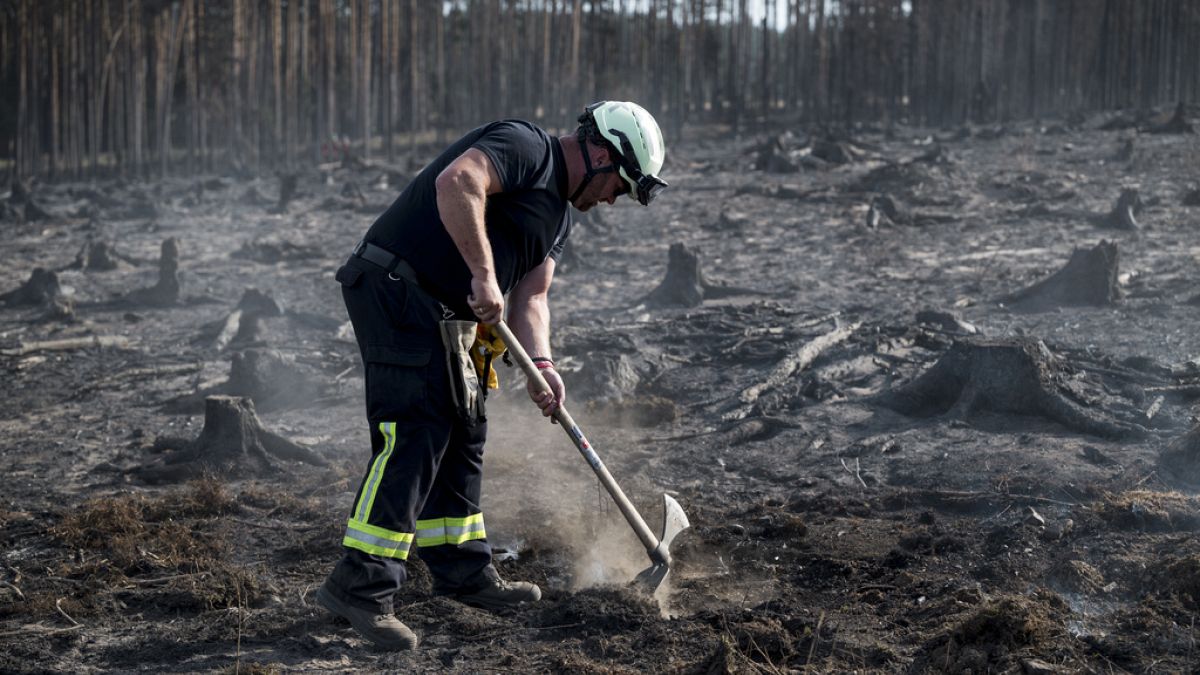

Across Europe, the signs of a changing climate are becoming increasingly evident as countries grapple with the dual challenges of extreme weather and environmental transformation. This collection of insights reflects both the struggles and advancements faced by nations as they navigate the complexities of climate change, from battling wildfires to embracing renewable energy.
The intensity of the ongoing wildfires in regions such as Germany, Greece, and Turkey underscores the urgent need to address climate change. Experts suggest that the rising frequency and severity of heatwaves, a significant factor in these blazes, are directly correlated with global warming. As Europe experiences temperatures rising at twice the global average rate since the 1980s, the continent finds itself at a critical juncture where comprehensive measures are needed to mitigate these impacts. This situation highlights the broader issue of how climate change influences not only the environment but also social and economic structures.
In the Mediterranean, countries like Spain, Morocco, and Turkey are feeling the profound effects of drought, often described as the “canaries in the coal mine” for its potential societal impacts. Droughts extend beyond just a lack of rainfall, posing threats to agriculture, water supply, and economic stability. As this climatic phenomenon continues to escalate, communities are called to adapt, addressing potential emergencies with resilience and foresight. The interconnectedness of climate events with economic and social well-being is apparent, urging policymakers to develop strategies that safeguard communities and livelihoods against these natural challenges.
The impact of heatwaves on human health is another pressing concern, especially in occupational settings across the European Union. A 42% increase in heat-related deaths at work since 2000 has been reported, prompting the European Trade Union Confederation to advocate for standardized protective measures for workers during extreme weather. This call to action emphasizes the importance of ensuring safe working environments in the face of rising temperatures, illustrating a facet where climate change intersects directly with human welfare.
Amidst these challenges, there are notable strides in the realm of renewable energy, exemplified by Poland’s recent milestone where renewable sources surpassed coal in electricity generation for the first time. Although coal usage has decreased, the continued reliance on oil and gas indicates a transition period as the nation moves towards sustainable energy. Poland’s efforts are part of a broader trend across Europe to reduce carbon emissions and foster a green economy, showcasing a commitment to combating climate change through innovation and policy reform.
As Europe grapples with these varied yet interconnected issues, it becomes increasingly clear that holistic approaches and proactive solutions are essential. The collaborative effort to address climate impacts not only at a local level but across international borders highlights the shared responsibility nations have in shaping a sustainable future. Embracing renewable energy, safeguarding vulnerable populations, and developing adaptive strategies to manage environmental changes are critical steps towards resilience. As the continent adjusts and innovates, the journey is as much about learning from past experiences as it is about shaping a hopeful and vibrant future for generations to come.
Source: {link}
